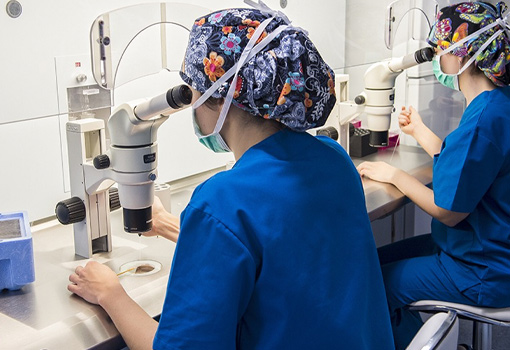Over the past decades, reproductive medicine has made remarkable advancements, offering hope to millions of people facing biological barriers to parenthood. However, future developments in assisted reproduction promise to further redefine the boundaries of what is possible, raising profound scientific, ethical, and social questions.
In recent decades, in vitro fertilization (IVF) has revolutionized fertility treatment, offering hope to millions of couples worldwide. Thanks to groundbreaking scientific and technological advancements, IVF success rates have significantly improved, turning parenthood into a tangible reality for many who once faced infertility challenges.
The field of in vitro fertilization (IVF) is among the most dynamic and innovative in modern medicine. Advanced technologies, improved procedures, and new biological materials have revolutionized the field, making the protection of intellectual property (IP) crucial.
Cryopreservation of oocytes and embryos is a cornerstone of assisted reproductive technology (ART), providing critical solutions for reproductive health, personal choices, and medical circumstances.
Continuing education plays a crucial role across many professional fields, but it is particularly vital in the realm of clinical embryology.
In recent years, research focused on gamete selection, fertilization, and embryonic development has led to a deeper understanding of the biological steps involved in human reproduction.









